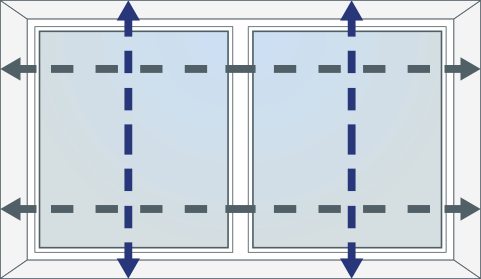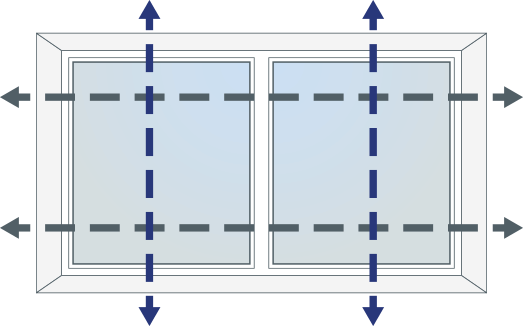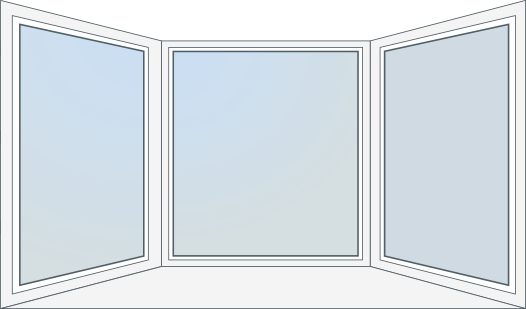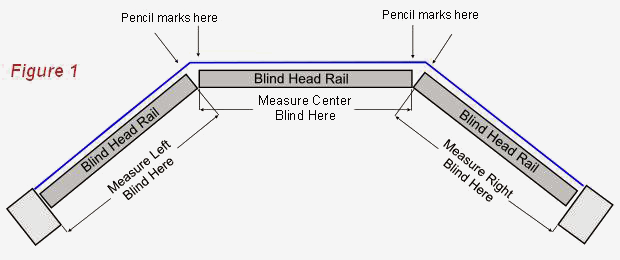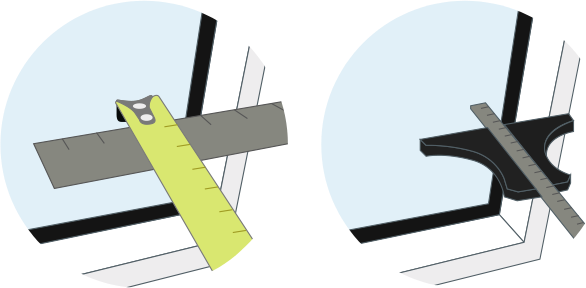Unik Duo Tone RD 1061
-
Details
Duette® Shades are available in a wide assortment of beautiful fabrics, rich structures and colours in three transparencies.
Choose from either ‘Sheer’ ‘Translucent’ or ‘Room Darkening’ to achieve the light and privacy you desire in designs that suit both small and large windows.
Model 120 has a fixed headrail at the top, controlled by either SmartCord® or Lite-Rise®
Model 3242 has no fixed rail and runs on 2 side tensioned cables and is operated by hand only.See images of both models here
Maximum & Minimum Sizes
Model 3242
Max width 1700mm - Minimum width 250mm
Max drop 2300mmModel 120
SmartCord Max width 3600mm - Minimum width 550mm
SmartCord Max Drop 3000mm
LiteRise® Max width 2400mm - Minimum width 370mm * minimum for blackout and Archatella fabrics is 570mm
LiteRise Max drop 2100mm - Specifications
- Guides
Measuring Guide
Whether measuring for a recess or exact please remember the fabric will always be narrower than the overall blind size to allow for components such as side controls and brackets.
This varies depending on the product, Roller blinds for example have a fabric width 30-34mmn less than the overall blind size.
Contact us if you require clarification regarding your chosen product.


